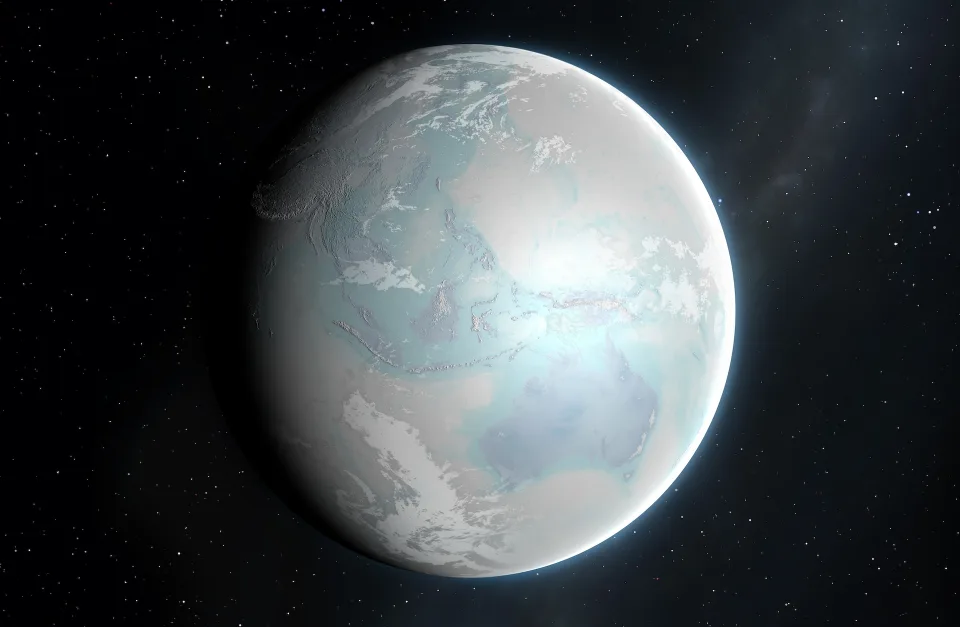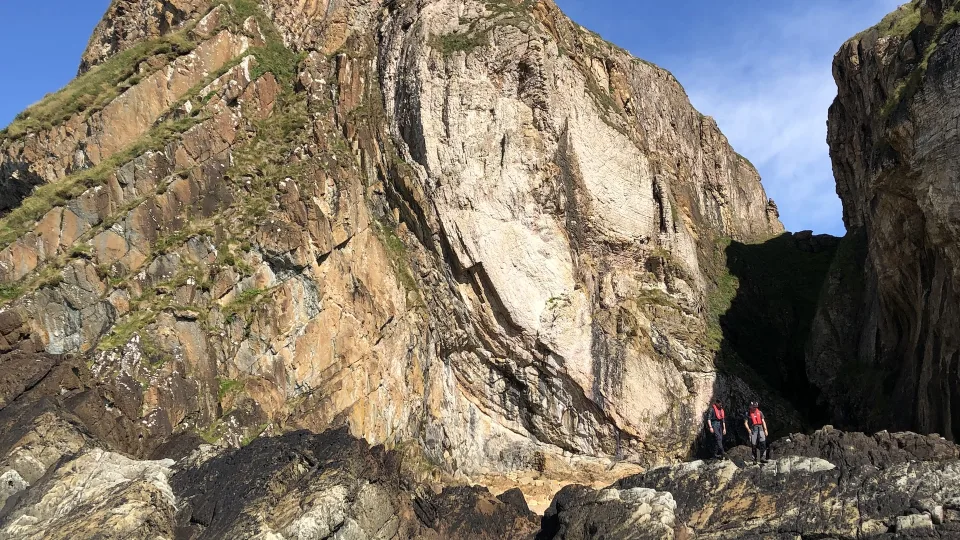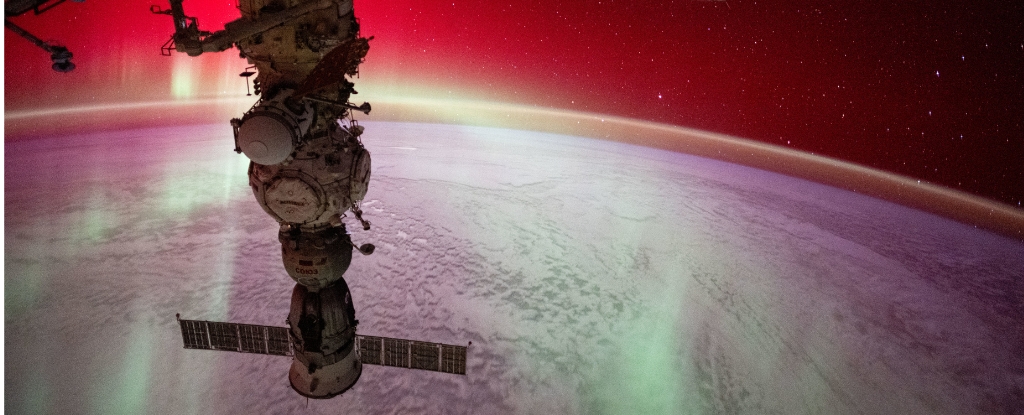Scientists have discovered rocks in the Inner Hebrides of Scotland that mark the moment around 720-662 million years ago when Earth underwent a deep freeze and became a “snowball Earth”, entirely encased in ice.
The continuous rock layers provide a rare record of the transition from a warm tropical environment to a frozen snowball planet.
Analysis of zircon crystals in the rocks revealed their age and indicated temperatures gradually dropped from a tropical marine setting to cooler conditions, signaling the end of over a billion years of a temperate climate on Earth.
If confirmed, the rocks could become the official marker or “golden spike” delineating the boundary between the Tonian and Cryogenian geological periods.

The discovery offers insight into two hypothesized snowball Earth events during the Cryogenian known as the Sturtian and Marinoan glaciations, whichsaw the planet frozen for millions of years.
The researchers argue the Scottish rocks are globally unique in preserving a record of Earth’s transition from a warm climate to being entirely encased in ice over 700 million years ago.
Source: Live Science









